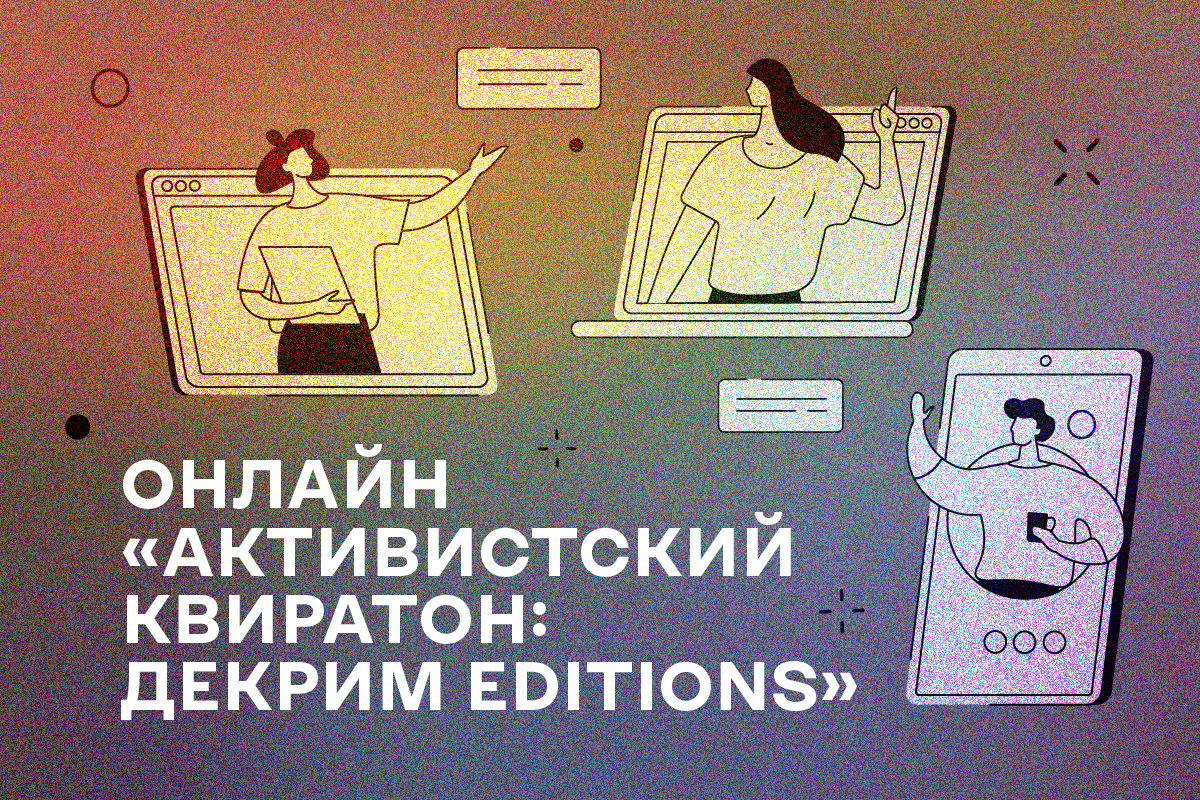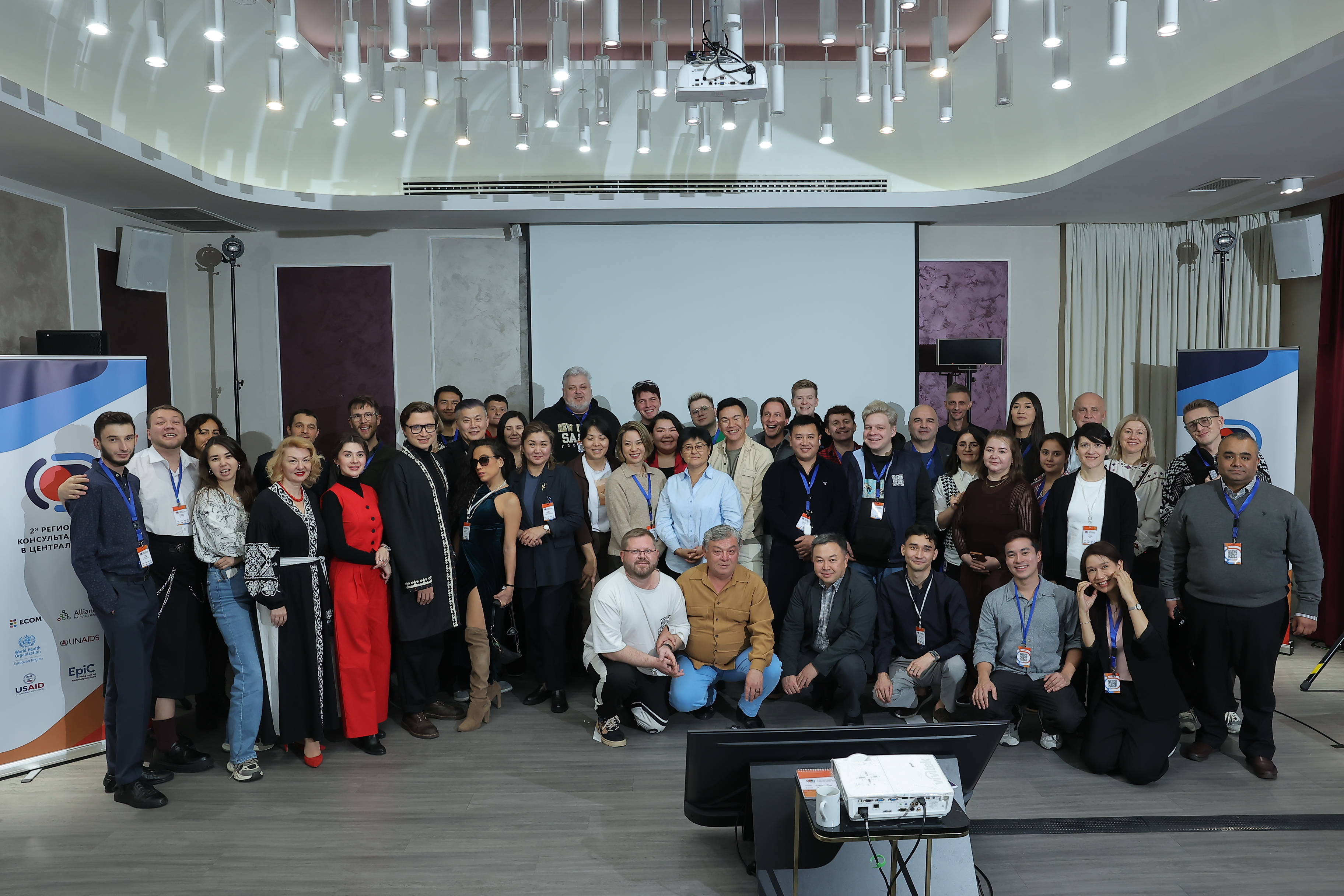ECOM continues to support civil society organizations in the EECA region as part of the program on reducing the negative impact of Russia’s war against Ukraine on key populations’ (KP) access to HIV services and humanitarian assistance in the Central and Eastern Europe and Central Asia (CEECA) region. The project is implemented by ECOM in partnership with the organizations “Aidsfonds” (Netherlands) and ICF “Alliance of Public Health” (Ukraine).
As part of the program, ECOM held the second grant competition in August this year. In the second round, ECOM received 21 applications and supported, after the assessment by a panel of independent experts, 11 medium grants for up to €20,000. Among those selected, there are three projects from Lithuania, two each from Poland, Georgia and Kyrgyzstan, and one each from Azerbaijan and Kazakhstan.
The total amount of funding was 166,214 euros.
As it was in the first round, applications from the second round of grants show that organizations prioritized information support, retention of HIV services and mental health support.
Activities in the countries implemented with these grants include support for:
- Self-organization of communities in migration;
- Providing services for key populations in migration;
- Removing political barriers to the “legalization” of migrants affected by HIV and their access to social or health services;
- Establishing and/or maintaining measures to amend and/or mitigate the impact of existing laws and procedures, and to respond to new legislative initiatives that contribute to harassment and discrimination against people living with HIV and key populations.
In this project, the following groups receive assistance in the EECA region:
- People living with HIV (PLHIV) — 5 grants.
- People who use drugs — 5 grants.
- Women living with HIV — 5 grants.
- LGBT people and/or MSM — 6 grants.
- People with disabilities — 2 grants.
- Trans people — 5 grants.
- Former prisoners — 1 grant.
- Sex workers — 4 grants.
“In the second round we saw that the group of people with disabilities and people with experience of imprisonment weren't sufficiently covered. We plan to focus specifically on these categories during the next regional call for proposals. We have tools that allow us to level out the imbalance in covering key populations. Thus, taking into account the experience of the first round, we significantly focused on the group of sex workers, and in the second grant competition we received 4 grant applications in which sex workers were indicated as recipients of assistance,” says Yuri Yoursky, Programs Lead at ECOM.
ECOM also sees the need to strengthen its advisory support to participants from Uzbekistan to strengthen potential applications aimed at addressing issues related to the regional impact of Russia's war in Ukraine.






Комментарии
Пока никто не оставил комментарий